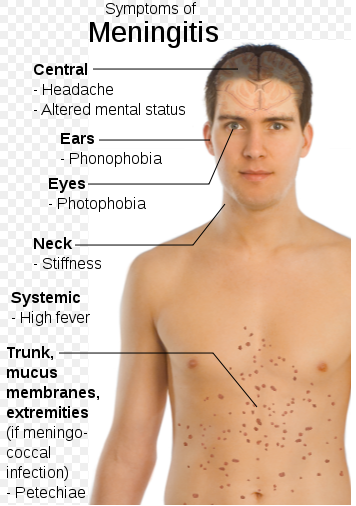A Rutgers University student who was hospitalized in late April for suspected meningococcal meningitis has been confirmed positive for the bacterium, Neisseria meningitidis serogroup B (MenB).

This follows another MenB case confirmed on Mar. 23 in a university student.
Meningococcus can cause severe illnesses that may include infections of the lining of the brain and spinal cord (meningitis) and bloodstream infections (bacteremia or septicemia). Once diagnosed, meningococcal disease is treatable with antibiotics, but quick medical attention is extremely important. Signs and symptoms of meningococcal disease could include high fever, headache, stiff neck and a rash. These symptoms can develop over several hours, or they may take one to two days.
Vaccination is the best protection against meningococcal disease. However, the vaccine routinely given to protect against meningococcal disease protects against four serogroups – A, C, W, and Y.
This vaccine does not provide protection against MenB disease. There are currently 2 licensed vaccines that protect against MenB, Bexsero® and Trumenba®. These safe and effective vaccines may be given to anyone 16 – 23 years old to provide short term protection against most strains of MenB disease; 16 – 18 years are the preferred ages for vaccination.
As a precaution, you should contact your healthcare provider or Rutgers Student Health to discuss whether you may be at increased risk for MenB and your options for vaccination against MenB.
Related:


One thought on “Rutgers student contracts meningitis type B, 2nd case in a month”